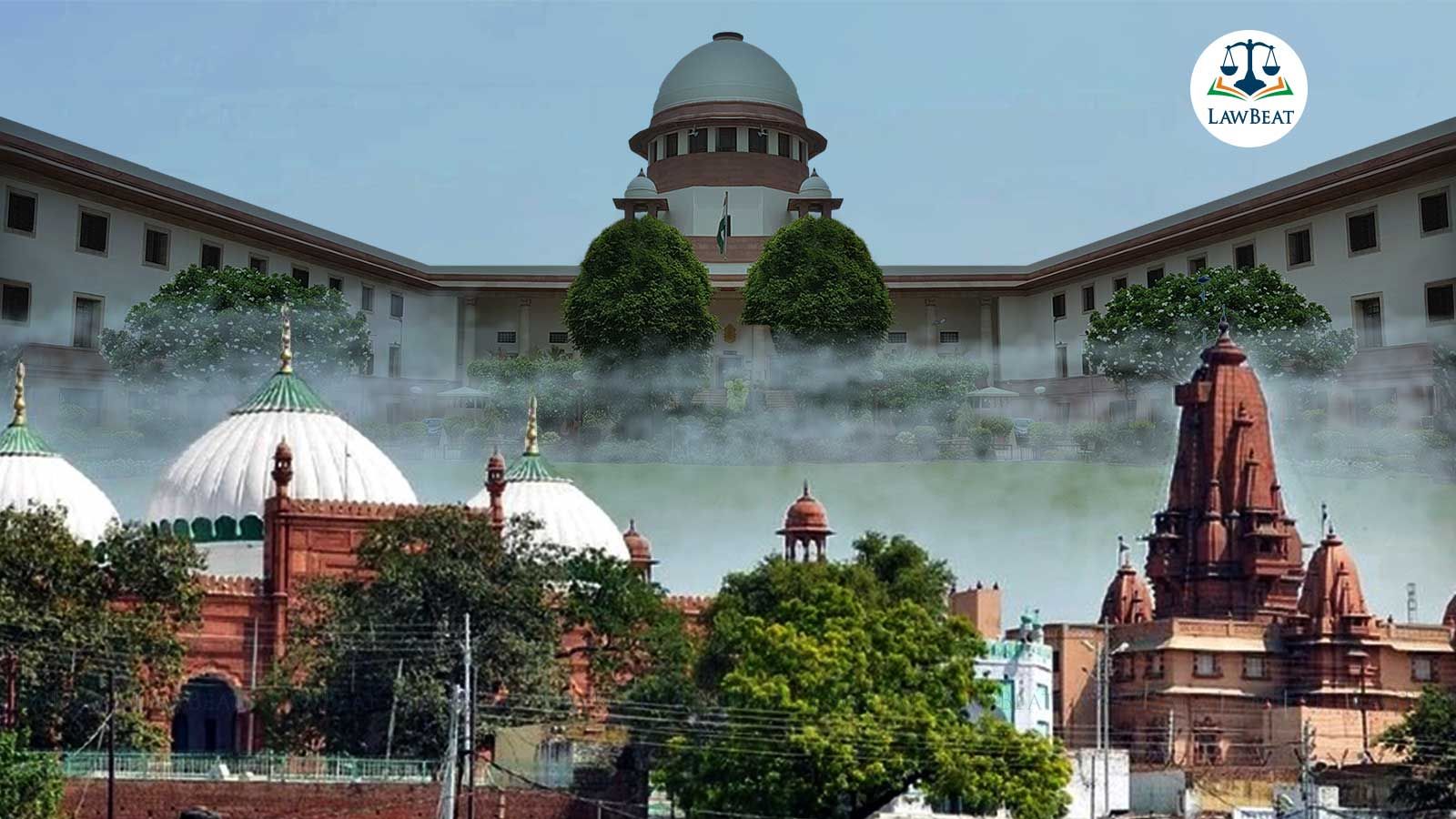Krishna Janmabhoomi | Hindu side files caveat before SC following High Court's rejection of Waqf Board's maintainability plea

The Muslim side had questioned the maintainability of the suits filed by the Hindu side in Mathura Courts contending that jurisdiction over the matter lay exclusively with the Wakf Tribunal, and that civil courts were not competent to adjudicate the case
The Hindu side has filed a caveat before the Supreme Court following the Allahabad High Court's rejection of the plea filed by the Muslim side challenging the maintainability of lawsuits initiated by Hindus in the Shahi Idgah Mosque-Krishna Janmabhoomi dispute in Mathura.
In its caveat, the Hindu side has submitted that no orders be passed by the Supreme Court, without hearing them, if and when an appeal is filed before it.
High Court's single judge bench of Justice Mayank Kumar Jain delivered its verdict on August 1st which was reserved almost two months ago on June 6, 2024.
The bench of Justice Jain is seized with 18 suits related to the dispute, consolidating 15 of them to be heard together. The Muslim side filed an application under Order 7 Rule 11 of the CPC challenging the maintainability of these lawsuits that essentially claim that 13.37 acres of land at Mathura, including Shahi Idgah mosque area, belong to Krishna Janmbhoomi.
The suits before the court are related to 13.37 acre land at Katra, Keshav Dev. The main relief sought through the suits is a direction for removal of the mosque from the land in question.
A claim has been made by many devotees of Lord Krishna that the Shahi Idgah Mosque is built over the land belonging to the deity and the actual birthplace of Lord Krishna lies beneath it.
It has been alleged that the 13.37 acres of land, which also includes the mosque area, is the Krishna Janmbhoomi land, and, the illegal structure was raised by Muslims over it.
Last year Supreme Court had declined to stay the Allahabad High Court's order transferring to itself all the suits filed before the Mathura Court in connection with Krishna Janmabhoomi-Shahi Idgah dispute.
